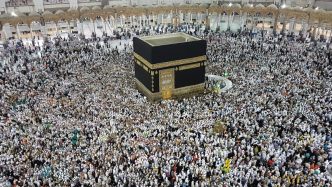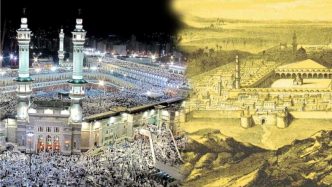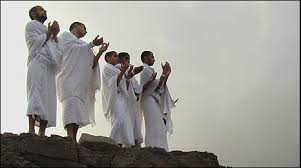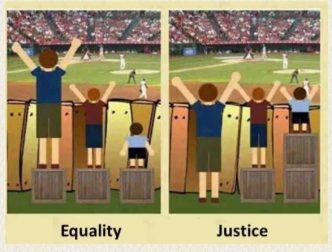
You are exactly where Allah wants you to be
By Alveena Salim (published in The Muslim Vibe 8 September 2019)
By all means plan. Dream. Hope. Wish for the Best. But put your trust in the One that knows you better than you know yourself.

By Alveena Salim (published in The Muslim Vibe 8 September 2019)
By all means plan. Dream. Hope. Wish for the Best. But put your trust in the One that knows you better than you know yourself.

By Lily Mohsen
“Your answer is everything Allah needs to know about your state of worship. It’s a feeling of remorse, so real and so palpable; your tears will literally have the power to cleanse your soul. With your ‘Tawba’ comes a newfound humility, that yes, you are human. You are weak. But if you’re not going to run back to Allah every time you fall, who will you run to?….
… The opportunities are endless. Allah does not hold grudges. He wrote it upon Himself to be Loving, Merciful, Supporting and Forgiving. All it takes is one moment of sincerity to delete a lifetime of sins. I know it sounds impossible, but it’s true. Allah doesn’t want you to wither away because of your mistakes. He wants you to learn your lessons and keep striving towards Him.
He wants you to believe, beyond the shadow of a doubt, that He will never reveal your sins or expose you after guiding you back to His path.”

By Shaykh Abdal Hakim Murad (Tim Winter)
“Muslims, privileged heirs of the purest monotheism, are honoured to bow towards the Ancient House five times in every day. The House thus becomes a great vortex of prayer. If one were to view this earth from above, with a light visible in the heart of every Muslim at prayer, one would see an endless series of luminous ripples and waves moving around the globe. As the people of the West are increasingly honoured by the presence of Islam, formerly dark regions are now filling up with points of light, as the absolute call of ‘No god but God’ is heard triumphantly in the spiritual ruins of materialistic cities. Five times a day and more, the Qibla draws our attention away from what matters so much less. ‘Allahu Akbar’, God is Greater, means: turn towards the symbol of His unknowable, unfathomable, majestic Unity and Beauty…”

By Aslam Abdullah
“When the Prophet performed his only Hajj, the only provision that he had with him was worth of no more than four dirham as narrated in several books of ahadith.
Hajj was meant to teach the pilgrims endurance and perseverance for higher causes, yet it has been turned into an exercise in convenience. Hajj was meant to express the utmost humility in the presence of the rest of humanity by declaring that “Here I am, Here I am, I will not make anyone Allah’s partner. Allah is the one who is in control of everything and He alone is the one who is the source of all blessings and praise.” Yet, today, Hajj, for many has become, a badge, a symbol of spiritual pride…”

By Arshad Gamiet
“Hajj is not only a journey through geography and history. It is perhaps most importantly, an inward journey to our own centre, to the human heart, the locus of our personality …. what emotions, what desires lurk there in the hidden recesses of the spiritual heart?”

By Abu Aaliyah
“IN SPEAKING OF JUSTICE, many well-intended Muslims are unconsciously secularised. For their discourse about justice (Ar. ‘adl, qist) is so often scarred by failing to grasp its Quranic essence: ‘To put a thing in its rightful place.’1 Which is to say, justice is to give things their proper due – at the due time, the due place, and in due measure.
This requires possessing knowledge about the value and measure of things, as Islam assigns to them, so as to give them their due. ‘Hence,’ Ibn al-Qayyim wrote, ‘knowledge and justice are the root of every good, while injustice and ignorance are the root of every evil.’2”

“New Zealanders came together, regardless of color or creed, to mourn and to help the grieving Muslim community recover. Social integration and empathy are sacred in Islam. New Zealand’s population is only 1 percent Muslim, but …
ACCORDING TO A NEW ANALYSIS, NEW ZEALAND IS THE COUNTRY THAT MOST CLOSELY FOLLOWS QURANIC PRINCIPLES.
The Islamicity Indices, compiled by the Islamicity Foundation, a U.S.-based nonprofit, measure world governments by how well they adhere to the Islamic principles set forth in the Quran, including adherence to interest-free finance, equality of education, property rights and animal rights, among others. They don’t include the personal duties required of Muslims, like prayer, fasting and pilgrimages..”

Eid Mubarak to all our visitors.
From the Editors and Technical Team at Khutbahbank